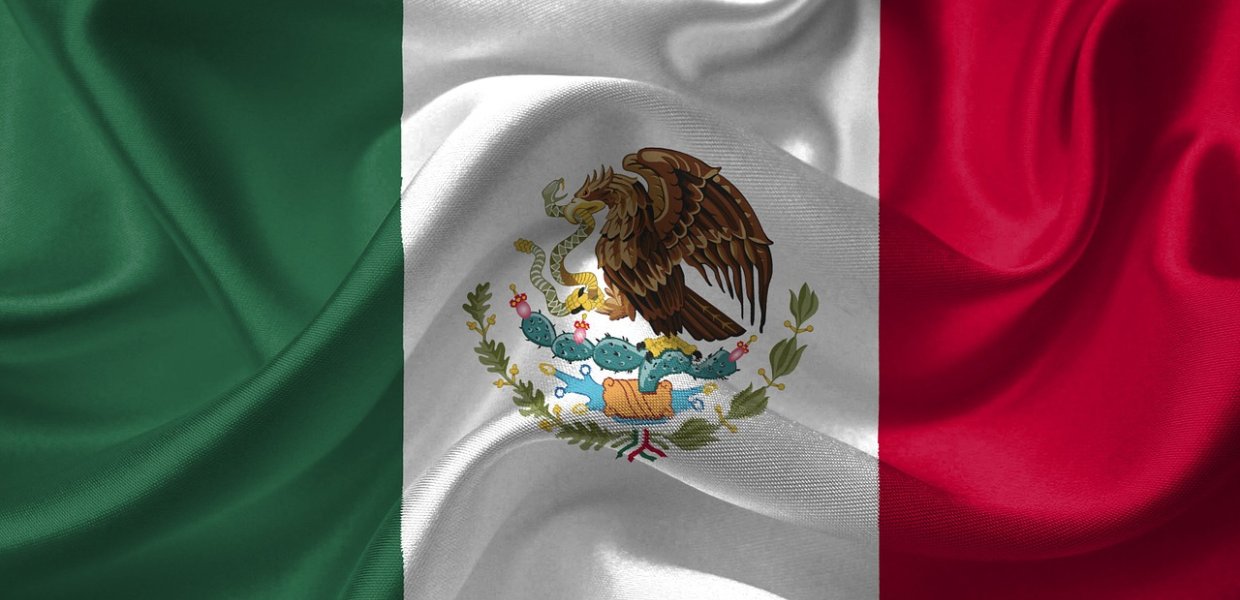As a first-generation millennial growing up between two cultures, Mexican and American, narratives representative of my reality were difficult to find. Seeing how some cultures were prioritized and celebrated while others were shamed and stereotyped created a sense of exclusion because I couldn’t be proud of my multicultural upbringing. Media continues to define millennials and younger audiences, and it is necessary for all cultures to be represented fairly and genuinely. After decades of demanding for diversity and inclusion, the entertainment industry is finally developing content that embodies and represents a variety of perspectives and races. However, the slow-paced improvement for an impatient generation sets the stage for a new wave of content creators ready to produce and share content that portrays their narratives accurately and authentically.
Seeing diversity in mainstream media is certainly a step forward. But while we enjoy watching Sofia Vergara play the ditzy Columbian on ABC’s Modern Family or Mexican actor Gael Garcia Bernal portray an eccentric orchestra director in Amazon’s Mozart in the Jungle, there is still a disconnect between these characters and reality. Vergara’s character is funny but represents a negative stereotype. On the contrary, Garcia Bernal’s character is unique but the show’s storyline falls short of connecting with Latino perspectives. These characters and storylines are either irrelevant or insulting to a generation of young multicultural audiences looking for their narratives to be validated in media they’ve consumed throughout their lives.
Buzzfeed for Latinos
Scrolling through my Facebook feed, I saw a picture of the infamous blue Royal Dansk shortbread cookie tin that haunted my childhood with a caption reading, “The reason I have trust issues.” Immediately, flashbacks of the countless times I fell victim to my abuelita’s repurposed cookie tin that no longer housed delicious cookies but sewing materials rushed to mind. I thought to myself, “How did the creator of this meme know the tricks my grandma played on me?” But as I continued browsing through memes, videos and blog posts, I found that mitú was like the diary I never wrote. Not only were there others who fell victim to their grandmother’s extraordinary repurposing skills, but an entire online community of Latino millennials formed by finding a media outlet that spoke to their experiences growing up within two cultures. Within days, my social media networks were filled with shared mitú posts.
Mitú, a Latino digital network working out of Los Angeles, Mexico City and Colombia, found success in a largely ignored demographic: younger Latinos. Mitú is setting the path for other digital networks to tailor content to millennials who are striving to be recognized for more than traditional marketing demographics. Additionally, the network provides an outlet for Latino content creators to share the type of media they want to see and address issues affecting their communities, domestically and abroad.
Latinos Are Just a Fraction
More than half of the minority population in the U.S. is a millennial or younger, with numbers expected to grow. However, the media industry continues to treat this large media-consuming demographic as a niche field, leaving Latinos, African Americans, Asian Americans and other multicultural millennials who grew up within two cultures with limited relatable content.
The availability of social media platforms and content creation tools empowers these audiences to create the content they want to see and share, allowing for a new wave of digital media and influencers to prosper. At a time when younger generations shift from identifying with traditional demographics, such as gender and sexuality, and look towards more culturally relevant content, multicultural media networks will shape how younger audiences establish themselves in our society.
Furthermore, what we can learn from mitú and other multicultural content creators, such as Angry Asian Man and Cassius, is that millennial audiences of color are searching to connect with a unique tone of voice — and cultural identity is a deciding factor.
To download a full copy of the Relevance Report, click here.









